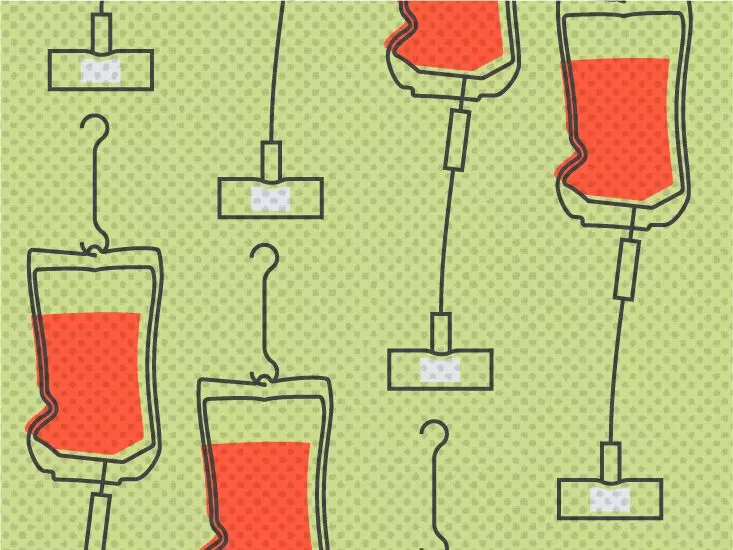Aduhelm, also known as aducanumab-avwa, is a drug that has been granted accelerated approval by the Food and Drug Administration (FDA) in 2021. This decision has sparked significant controversy within the medical community and beyond. The controversy surrounding the approval of Aduhelm is multifaceted, and the debate continues to evolve.
The dosage of Aduhelm is a critical aspect of its administration and effectiveness in treating Alzheimer’s disease. Aduhelm is administered as an intravenous (IV) infusion in the form of a liquid solution by healthcare professionals. The drug is specifically approved to treat early-stage Alzheimer’s disease, which includes individuals with mild cognitive impairment or mild dementia.
The dosage of Aduhelm is determined based on the patient’s body weight in kilograms (kg). The initial dose typically starts at 1 mg/kg of body weight and is administered every 4 weeks for the first two infusions. Subsequent doses may be increased to 3 mg/kg, 6 mg/kg, and finally 10 mg/kg for maintenance therapy. The dosage schedule is tailored to each individual’s needs and response to the treatment.
Aduhelm is intended for long-term use in individuals with Alzheimer’s disease. The decision to prescribe Aduhelm and the specific dosage regimen is influenced by various factors, including the patient’s body weight, response to the drug, and potential side effects. It is crucial for healthcare providers to carefully monitor patients receiving Aduhelm to assess its efficacy and safety over time.
The administration of Aduhelm involves IV infusion by healthcare professionals in settings such as doctors’ offices, infusion centers, or hospitals. Patients are advised to adhere to their scheduled appointments to receive the drug as prescribed. Accessible drug labels and containers are available to assist individuals with visual impairments or difficulties opening medication bottles. Patients are encouraged to seek assistance from pharmacists if needed.
Patients undergoing Aduhelm treatment should adhere to their prescribed dosage and schedule as recommended by their healthcare providers. Missing appointments for infusion sessions should be promptly addressed by contacting the doctor’s office for rescheduling. Tools such as alarms or reminder apps can help individuals stay on track with their treatment regimen.
The controversy surrounding the FDA approval of Aduhelm highlights the complexities of drug evaluation and decision-making in the healthcare industry. As new treatments emerge, it is essential to critically evaluate their benefits, risks, and implications for patient care. Patients and healthcare providers must engage in informed discussions about treatment options and consider individualized approaches to therapy.

